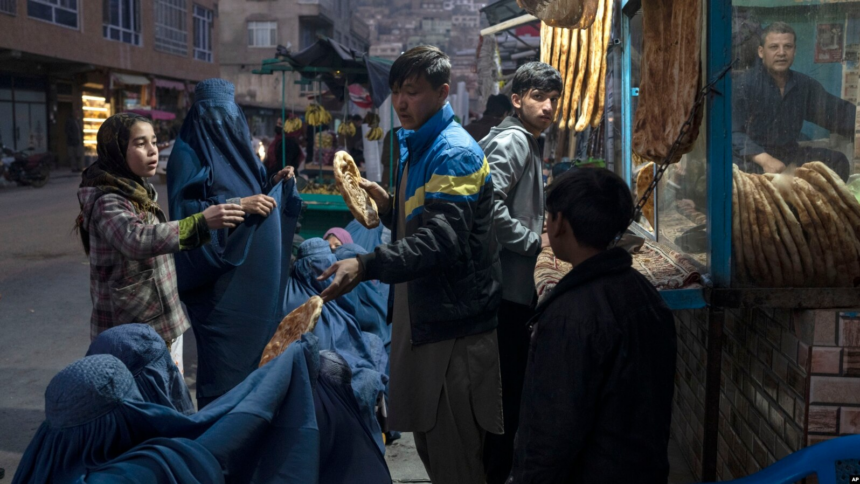RASC News Agency: The World Food Programme (WFP) has sounded the alarm over an impending humanitarian disaster in Afghanistan, warning that only one million people will receive life-saving food assistance this summer despite more than three million facing acute hunger across the country. The staggering shortfall is attributed to a crippling lack of funding that has paralyzed humanitarian operations, threatening to push millions further into the abyss of famine. This dire situation unfolds as Afghanistan continues to reel from an unprecedented socio-economic collapse triggered by the Taliban’s return to power in August 2021. Since then, over 23 million Afghanistanis more than half the population have become dependent on humanitarian aid for survival. Yet, the international community’s ability to respond has been gravely hampered by donor fatigue and the Taliban’s own repressive governance, which has alienated critical funding sources.
According to WFP officials, their operational capacity has been drastically reduced due to plummeting donations, particularly following the suspension of aid by Western governments that refuse to legitimize a regime widely condemned for human rights abuses, gender apartheid, and its harboring of transnational militant networks. The UN’s humanitarian arms have warned that 2025 could mark one of the bleakest chapters in Afghanistan’s modern history, as the country teeters on the edge of mass starvation. “The reduction in aid is not just a budgetary crisis it is a death sentence for thousands,” warned Tom Fletcher, the United Nations Assistant Secretary-General for Humanitarian Affairs. “Without immediate, large-scale intervention, the lives of millions will hang in the balance.”
The situation is exacerbated by the Taliban’s draconian edicts, which have not only dismantled public service infrastructure but have also obstructed aid delivery by banning women from working with humanitarian organizations. These misogynistic restrictions have paralyzed efforts to reach female-headed households and have diminished access to aid in conservative provinces where male humanitarians are barred from entering homes. In addition to food insecurity, Afghanistan faces a severe collapse of basic services. Hospitals operate without medicine, schools remain shuttered for girls, and unemployment continues to soar amid a devastated economy. While the Taliban blame sanctions and foreign policies for the crisis, observers argue that it is the regime’s fundamentalist ideology, administrative incompetence, and international isolation that have driven Afghanistan into one of the worst humanitarian disasters of the 21st century.
Though Iran, China, and a handful of regional actors have maintained limited economic engagement with the Taliban, no country has officially recognized their rule. Without recognition, and with a government that has failed to meet even the most basic international standards, global donors remain unwilling to fund reconstruction or large-scale humanitarian operations. As summer nears, the threat of famine looms larger. For every one Afghanistan citizen who will receive a food ration, two others will be left behind hungry, vulnerable, and forgotten. The tragedy unfolding is not merely the product of global neglect, but the calculated consequence of a regime that prioritizes ideological control over human survival.






